Are you faking kidding me?
It’s not just vegans & vegetarians who are faking it these days; if you don’t like meat, if you are choosing to cut back your intake for the planet or even health reasons or choosing to follow a flexitarian diet then you too are faking it more often but how environmental, healthy and more to the point, affordable is faking it?
The growing industry
The Plant-based meal industry is BIG business especially as it is now classed as ‘mainstream’ and if you are anything like us you can’t help but notice the number of plant-based mock meats on the supermarket shelves, – this sector has tripled in the last decade. Welcome to the vegan-revolution.
The range of fake animal products are on the rise:
- Beef
- Chicken
- Pork
- Fish
- Cured meats
There are beef strips, chicken nuggets, pork dumplings, prawns, and mortadella to name just a few of what you can find a meat alterative for.
When wandering around the supermarket or your local organic grocer you will notice numerous brands now featured in this fake space:
- Gardein
- Tofurky
- Unreal Co.
- V2food
- Fable
- Soulfresh ‘Eaty’
- The Alternative Meat Co.
- Sunfed Foods
- Vegie Delights
- Beyond Meat
- Sophies Kitchen
- Quorn (both vegan and vegetarian)
- V-Bites
- Veef
- The Meet Co
- Plantein
- Plant Asia
- Naturli
- NEXT!
- Fry’s Family Foods
- Impossible
Value in Veganism
International market research firm Euromonitor projects that Australia will be the third-fastest growing vegan market in the world estimating that the nation’s packaged vegan food market will be worth $215 million by end 2020.
While fake meat isn’t close to superseding the ‘real thing’ it’s making waves in the food industry with Australia sales continuing to increase year on year. By 2030, the food category is expected to be valued at $6 billion in Australia. So, when we say BIG, its BIG business indeed.
The fast vegan
You have fast food giants like Dominos, KFC and Hungry Jacks all selling plant-based meat alternatives and with retailers such as Coles and Woolworths listening to the consumers demand, the bubble isn’t close to bursting on this industry just yet. Far from it.
But who is this industry serving? How ethical is it to buy a Rebel burger from Hungry Jacks and more to the point, are they mindful of cross contamination with a beef burger? The fake meat industry is marketed at the one third of Australian’s who are actively limiting their meat consumption but still want the convenience and familiarity of meat on their plates as they adapt (&struggle) to think inside the veggie box.
What has sparked the demand for this food sector?
Health reasons and then secondary reasons such as the environment, ethical and social are just some of the reasons why we as a country are choosing to reduce our animal and fish intake and move towards a more fake product range.
But shouldn’t we be embracing the veg?
Meat alternatives are being promoted as a healthy option but how ‘healthy’ are they? Depending on the brand and product some contain high amounts of salt, fats and sugar and have more than 20 ingredients listed.
A Beyond Meat burger patty, for example, has 18 ingredients, including methylcellulose and potassium chloride, while an Impossible Burger patty has 17 ingredients, including soy leghemoglobin and konjac gum.
Do you know what these ingredients are without googling them? You can’t help but think, if we are eating meat alternatives for health then based on these ingredients listing and processing, they should be at best eaten occasionally or not at all. Food for thought right there.
Environmental Footprint
Traditional meat products have a big carbon footprint with a large amounts of agriculture land devoted to livestock production but can fake meat really use this as an argument to promote the environmental benefits of the production of their processed foods? After all, it’s still made in a plant (or lab) which has high carbon emissions in their own rights.
Changing our habits
If the fake meat industry is trying to change people habits to have them reduce their meat intake, then is this the right way to go about it? We are still saying that ‘meat’ products have a place in our lifestyle diet – we are not changing our habits we are just replacing one product with another.
We know food is habitual; we find comfort in a burger, a sausage even a (mock) chicken schnitzel and the more we just replaced like for like the humble vegetable (or bean or lentil) is going to take a further step back in being present on our plates.
We need to look to hero the plant-based staples that have always stood true in our diets; the beans, lentil, grain, and vegetables themselves. They are affordable and don’t carry the obscene vegan tax that many of these plant-based fake meat alternatives carry…yes eating plant-based [vegan] is expensive when you are chowing down on a meatless burger, fish finger or chicken nugget every night.
Target market
The fake meat industry isn’t necessarily targeting those who follow a plant-based wholefood diet who see the merit in eating foods from the ground up and those that have the time to soak lentils and beans overnight.
These companies are targeting the flexitarian customer who still loves the taste and texture of meat but wants to reduce their meat consumption. They are also targeting the customer who is looking for convenience and familiarity.
When changing your eating habits from omnivore to plant-based you suddenly must think about your food plate; the traditional meat & three veg is no longer applicable unless you are replacing the animal meat with fake meat.
Adopting a plant-based vegan diet has your rethinking your food plate, it makes vegetables the main star and for some, that can be too much to think about. What do you serve with a head of broccoli or cauliflower and where do you get your protein?
The Planted Ethos
We are about encouraging you to stop and think. Grow and harvest. Embrace the plot to plate methodology when it comes to the origin of your foods.
Here at Planted Life, we are produce driven and our goal is to have you thinking differently about where you source your food, what you source and how you serve that up in your daily meals.
Food is fuel so next time you go to fake it in the supermarket repeat this food quote ‘You are what you eat so don’t be fast, cheap, easy or fake’ (although cheap doesn’t apply to the fake meat industry).
Time for a change
Are you interested in adopting new lifestyle habits that embrace the veg? Contact us today xx
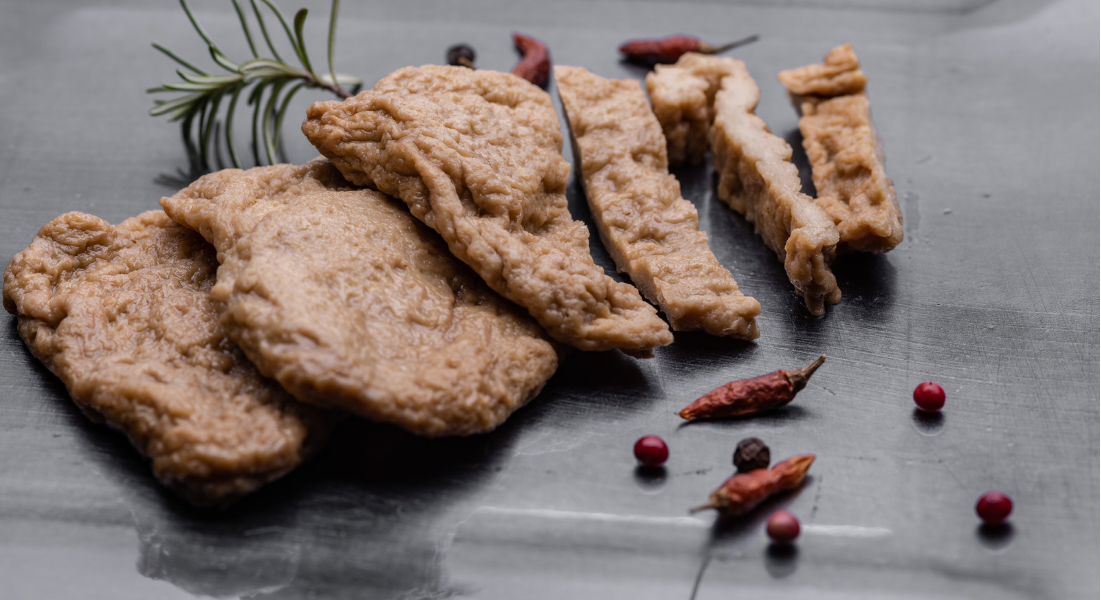
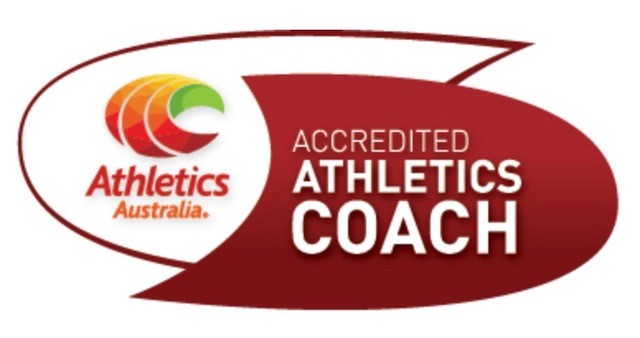


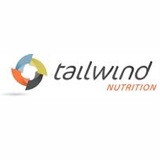

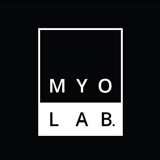

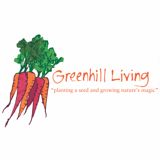
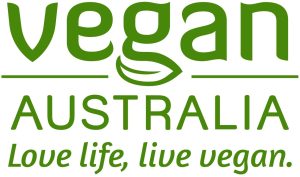

Leave a Reply